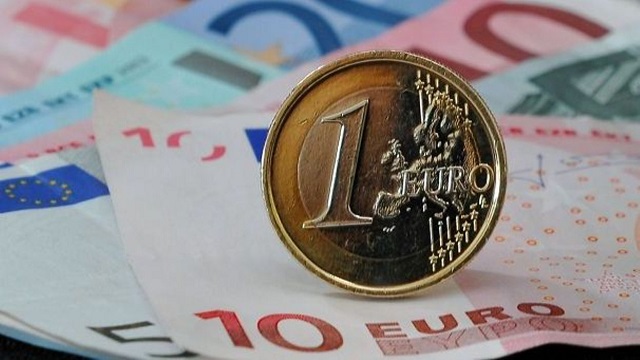
Rome, Italy | Xinhua | Parity between the dollar and the euro may persist for some time, evidence of a dramatic decline in the value of the main European currency. However, a leading economist in Italy has said that if exchange rates remain stable, European businesses will be able to cope.
“What is important is to limit volatility and promote stability for the exchange rate,” Guido Traficante, an economist at the European University of Rome, said on Friday. He added that dealing with an up-and-down currency “can be costly for firms that operate in a multi-national context.”
As of Friday, the exchange rate between the two currencies was perfectly even. They have traded within a tight band of plus or minus 1 percent for most of the last six weeks, and the dollar reached its recent peak of 0.991 per euro on Tuesday. It is the strongest the U.S. currency has been against the euro since late 2002. As recently as a year ago, it took 1.176 U.S. dollars to buy a euro.
The short-term winners and losers in this scenario are easy to identify, said Traficante.
The weak euro, he said, makes exports from the 19 countries in the eurozone less expensive, and it can help attract more international tourism to Europe. However, it also makes imports more costly and — importantly for highly-indebted eurozone countries like Italy, Greece, and Portugal — it raises the cost of paying off debt.
Traficante said a major medium-term risk for companies is exchange rate volatility.
The recent strength of the dollar against the euro is due largely to factors which are more pronounced in Europe, Traficante explained.
“The strength of the dollar mainly reflects the concerns that we have in the euro area related to dependency on Russian gas and how to cope with this, and the fact that the European Central Bank should take into account the dilemma of the inflation rate, which is much higher than in the past, beyond 8 percent,” he said.
The reduction in European natural gas imports from Russia since the start of the conflict with Ukraine has pushed up energy prices and fueled inflation, which erodes the buying power of the euro compared to other currencies.
Traficante suggested European Union policymakers focus on making the exchange rate stable and predictable. Quarter-by-quarter variation in the exchange rate is not important, he said.
“What matters more is that there is not much volatility in the currency,” he said.
 The Independent Uganda: You get the Truth we Pay the Price
The Independent Uganda: You get the Truth we Pay the Price



